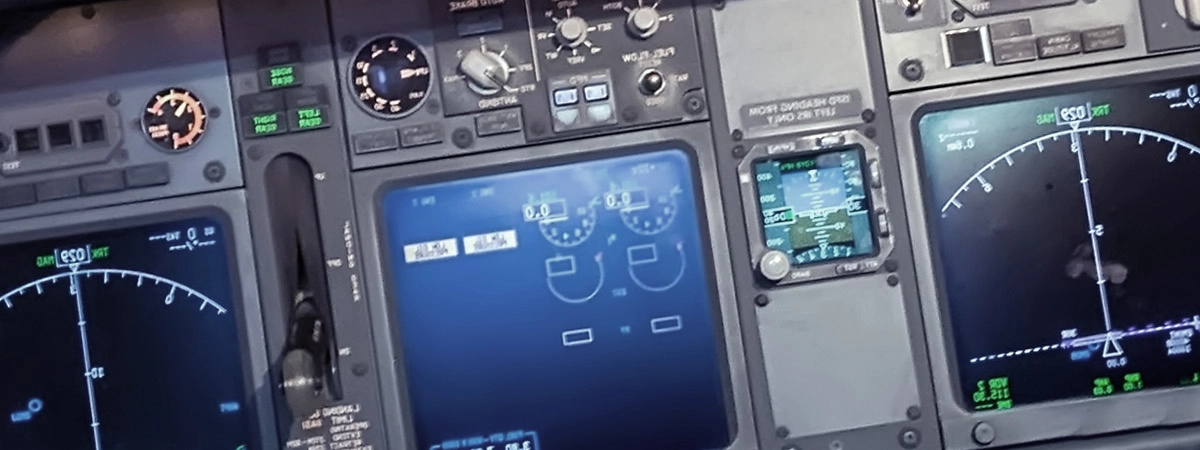IEC 61162 Data Interface Testing for Marine Navigation Systems
The International Electrotechnical Commission (IEC) standard IEC 61162 is pivotal in ensuring the interoperability and reliability of data interfaces used in marine navigation systems. This service focuses on testing these critical interfaces to ensure they meet stringent performance criteria, enhancing safety and efficiency at sea.
Marine navigation systems are essential for safe operation, positioning, and communication within maritime environments. The data interfaces governed by IEC 61162 play a crucial role in facilitating seamless communication between various components of these systems, such as radars, GPS devices, and electronic chart plotters. Compliance with this standard is not only a regulatory requirement but also a testament to the robustness and reliability of navigation equipment.
The testing process involves rigorous evaluation of interfaces to ensure they can withstand harsh marine conditions without compromising performance. This includes assessing data transfer rates, error correction mechanisms, and signal integrity under various environmental stresses. The ultimate goal is to guarantee that these systems function reliably in critical situations, thereby minimizing the risk of operational failures.
The testing protocol typically begins with a detailed analysis of the system requirements outlined in IEC 61162. This includes understanding the specific data types and protocols that need to be supported by the interface under test. Once these requirements are clearly defined, we proceed with specimen preparation, which involves creating realistic test scenarios that replicate the operational environment.
Our testing apparatus is equipped with state-of-the-art instrumentation capable of simulating a wide range of environmental conditions and stress factors. These include variations in temperature, humidity, salt spray exposure, and electromagnetic interference (EMI). The apparatus also includes software tools designed to monitor data integrity, error rates, and latency during the test runs.
The testing process is conducted in stages to ensure comprehensive evaluation. Initially, we assess basic functionality, followed by more stringent tests that evaluate performance under adverse conditions. Throughout this process, our experienced engineers continuously monitor and record all relevant parameters, ensuring a thorough examination of every aspect of the interface's behavior.
Scope and Methodology
| Aspect | Description |
|---|---|
| Data Interface Specifications | Testing of compliance with IEC 61162-1, -2, and -3 standards. |
| Error Correction Mechanisms | Evaluation of the interface's ability to correct errors in data transmission. |
| Signal Integrity | Assessment of signal quality under various environmental conditions. |
| Data Transfer Rates | Evaluation of the interface's performance at different data throughput levels. |
| Environmental Stress Testing | Testing for resilience against temperature, humidity, salt spray, and EMI. |
International Acceptance and Recognition
- IEC 61162 is widely recognized by maritime organizations globally, including the International Maritime Organization (IMO).
- The standard is adopted by regulatory bodies in countries like the United States, Canada, and the European Union.
- Many shipbuilders and equipment manufacturers include compliance with IEC 61162 as a key feature in their product specifications.
Adherence to this standard is essential for ensuring that navigation systems meet international safety standards. Compliance enhances the credibility of both manufacturers and end-users, facilitating smoother regulatory processes and broader market acceptance.
Use Cases and Application Examples
- Shipboard Communication Systems: Ensuring seamless communication between crew members and external entities.
- Autopilot and Steering Systems: Guaranteeing accurate positioning and course corrections in diverse weather conditions.
- Navigation Aids Integration: Facilitating the integration of various navigation aids, such as radars and GPS devices.
The IEC 61162 standard is particularly crucial for systems that must operate reliably under challenging marine conditions. By ensuring compliance with this standard, we enhance the safety and efficiency of maritime operations across a wide range of applications.





